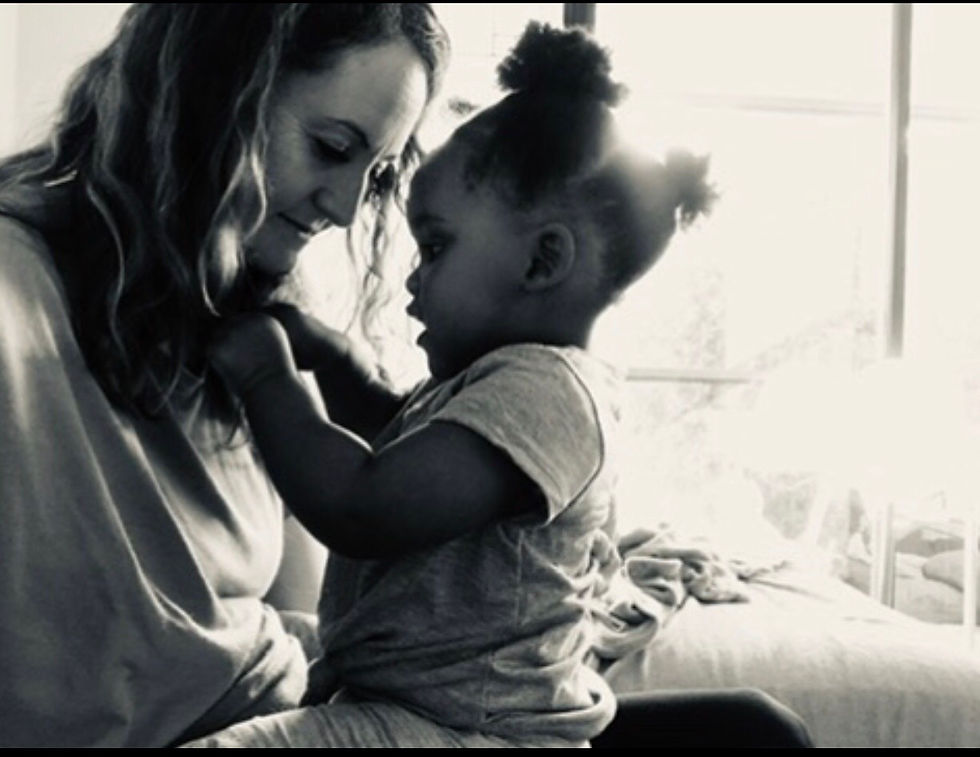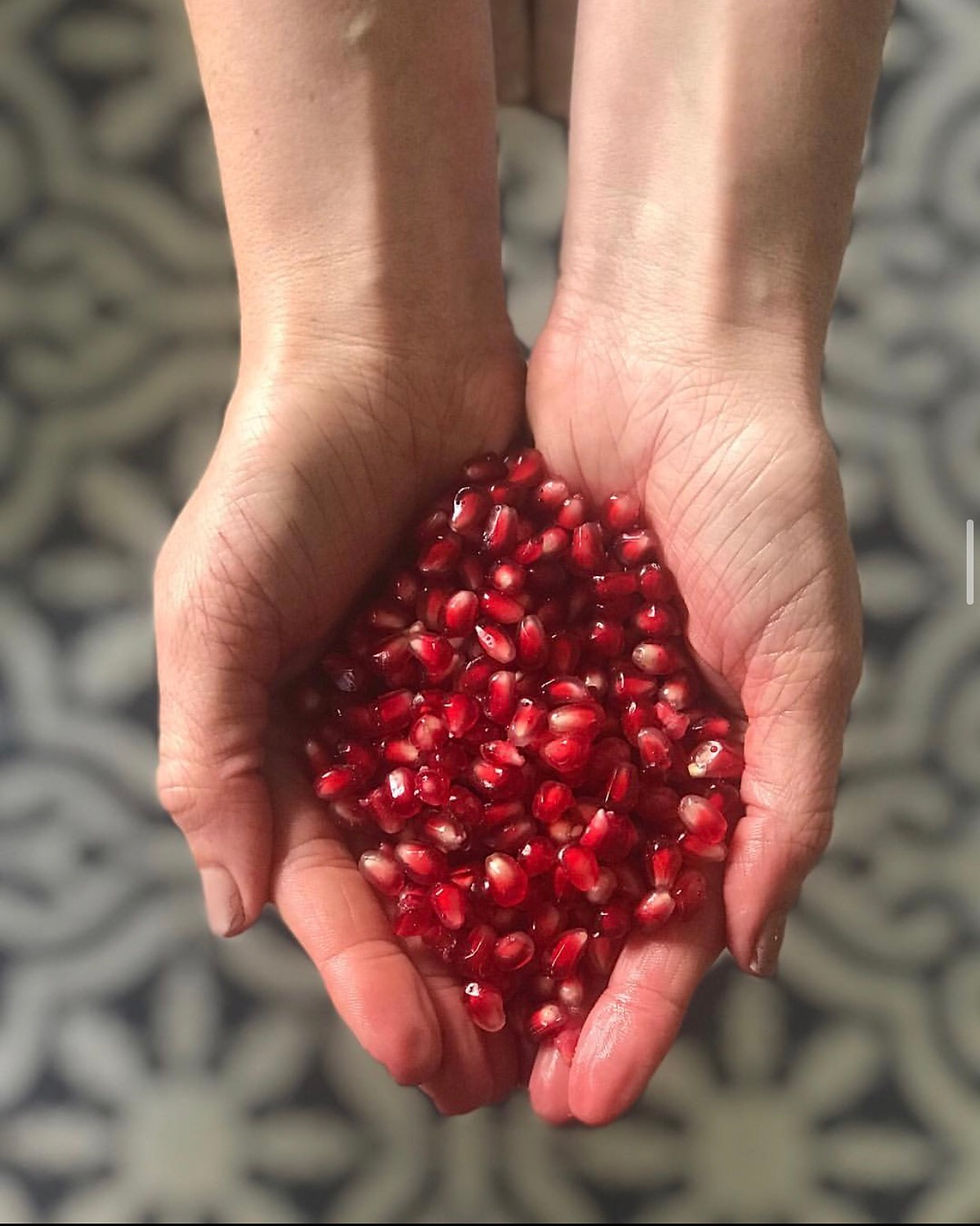THE WEIGHT OF GRIEF
- cherisetswan
- Apr 15, 2019
- 5 min read
Updated: Dec 30, 2019
I lost my best friend, Jayde, on a Tuesday morning.
This week, it will be 4 years since she was taken from us.

I can remember that day with a freshness that surprises me:
I can remember the light drizzle outside, what I was wearing, what I was thinking as I got ready to leave home and fetch her. I remember holding a new pair of tiny arrow earrings in my hand, wanting to wrap them up and give them to her as a gift when she got in my car because I had woken up with her on my mind that day. But I didn't have the time to do all of that and I thought I would just give them to her the next day. I was wrong.
I remember stopping at an orange light, thinking I could have just gone through that. I remember only realising weeks afterwards, once we had more details, that stopping at that light could very well have been what saved my life.
I remember the guilt I felt after it all happened. I felt guilty that I wasn't there for her, that I couldn't save her, that it was her and not me.
She was abducted while waiting for me to pick her up. She was murdered.
Those are difficult words to write down and it makes me uncomfortable;
"While waiting for me,"
and
"She was murdered."
Grief makes people uncomfortable. It does. There's no way around it.
What's so difficult when you're in the throes of it all is when the grief you're processing is not what the room you're in feels like, not what the faces of those around you look like. It's almost offensive when it seems like those around you have moved on.
I found myself holding onto grief in the fear that if I let it go, I would be letting go of her too.
C.S Lewis puts it so perfectly:
“No one ever told me that grief felt so like fear. I am not afraid, but the sensation is like being afraid. The same fluttering in the stomach, the same restlessness, the yawning. I keep on swallowing. At other times it feels like being mildly drunk, or concussed. There is a sort of invisible blanket between the world and me. I find it hard to take in what anyone says. Or perhaps, hard to want to take it in. It is so uninteresting. Yet I want the others to be about me. I dread the moments when the house is empty. If only they would talk to one another and not to me.”
-A Grief Observed
In the years that have passed, I have learned a few tough lessons about grief that I would like to share with you:
Grief is a murky lens that distorts your perception of life:
It will have you remember how you lost someone instead of how you had them and how fortunate you were to have loved them while they were alive.
Grief can destroy you. It is an isolator. It is a hungry thief, and it will consume you if you give it just the smallest chance to do so.
It will rob you of being fully present with the loved ones who are still with you.
It will make your favourite food taste like nothing, your favourite song a noise.
It will have you stop eating, stop caring, stop investing in the relationships you still have.
It will turn a conversation with your favourite people about your favourite topic into a mundane humdrum of nothingness.
It will make a victim out of you, and every person who does not feel the way you do, a villain.
It will invite depression to sink its claws into you, and that is the ultimate thief. The liar who prowls and convinces you that to live without that person is not living at all.
I used to think that depression was reserved for the hopeless, for those who didn't know God, didn't have loved ones who cared for them. I used to think it didn't happen to people like me. But I became comfortable in the misery of my grief. It became easier to be numb that it did to actually care.
Depression is the rude guest who doesn't wait for an invitation to sit at the table of your life. It sees an empty chair and forces its way in and helps itself to a meal you didn't even prepare for it.
It will have you believe that no one else is hurting like you are. That the pain they're going through for whatever reason is not valid, and has nothing on what you're going through, and before you know it, you've lost your ability to empathise.
One thing I realised amidst the scattered emotions and having to deal with the anger and the grief and the guilt, and the realisation that I was also close to death, was that I knew I had to make a decision.
I realised that if I didn't take control of this grief, that it would take complete control of me. I needed to start to heal.
I believe healing has a starting point, but I don't think it has an end point. I think it is a continuous process that takes different forms along the way. I think we are all continuously healing from different things, and that's ok!
Healing is not forgetting, and remembering is not brokenness, I want to make that clear.
And then...God.
When I was in the deepest part of this heaviness, I knew I didn't need a quick uplifting encouragement or prayer. The pain could not be undone or removed. I needed a God who would be prepared to walk through the pain with me.
At my lowest point, I couldn't worship God. I simply could not raise my hands and worship him. What my spirit felt was so heavy, and I believed worship was an act reserved for the happy, the free. It seemed too "light" for a heavy heart like mine.
Boy, was I mistaken: Abraham fell upon his face before God, David lay prostrate before The Lord when he had no more words left in him. Scripture tells us that Jesus intercedes for us at the right hand of The Father. If this is true (and I believe it is), then prayer and worship aren't actually that "light".
I think they're more powerful when the water of your faith is murky.
I'm not going to get into the details of how my faith was shaken during the time that followed Jayde's death, but I want you to know that it was. I was confused, angry, and bitter.
I had to remind myself of who God was, what he was able to do. He never forgot, I did.
You can get lost while still being saved, and at one point, I know, he left the 99 and came to find me. And he'll do it again, and he'll do it for you.
Perhaps you're grieving for whatever reason as you read this. Perhaps you're still in the thick of it all, and you're struggling to see past the next few moments.
I want to tell you that this kind of heaviness does pass. This heaviness you feel in your chest, and in your head, clouding your thoughts. It doesn't last forever.
The unwelcome guest must leave. You must disinvite it when you are ready.
If you don't, it will continue to devour whatever it is you lay out on the table of your life, even the sweetest of things.
Grieving is a process that has no time limit attached to it, it has no preplanned expiration date. Depression, in turn, doesn't tell you when its done and has had enough, it has an appetite that is never satisfied.
But, when you are ready, and before you are all used up, you need to take control and tell the rude guest to leave. You cannot allow it to make itself a name card at the table of your life, you cannot allow it to get too comfortable.
I want to tell you, friend, that this too shall pass, and when it does, it doesn't mean that the memory of your Dear One has passed too.
"For in the hour of your darkest day,
Hope is rising like the light of dawn."
Heaven fights for you.







Comments